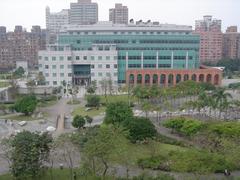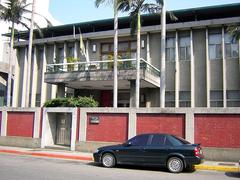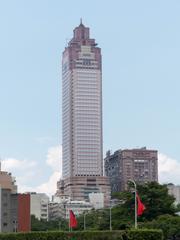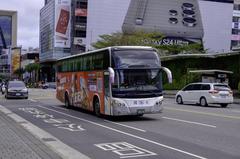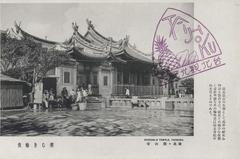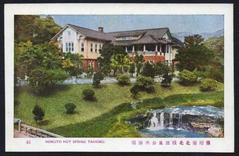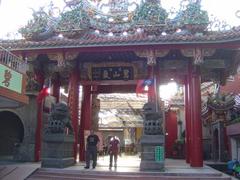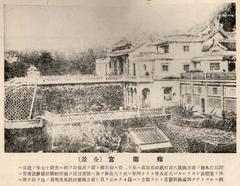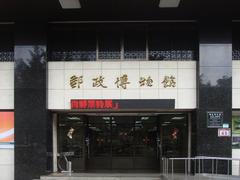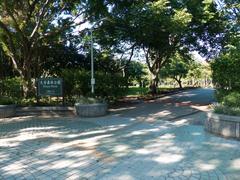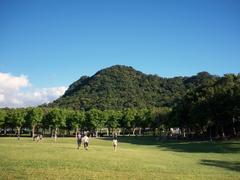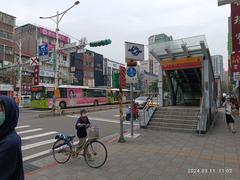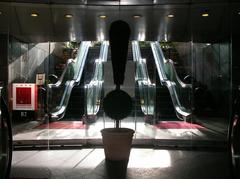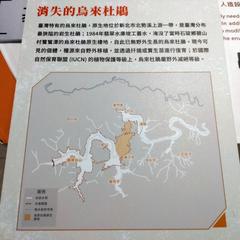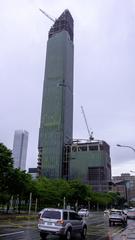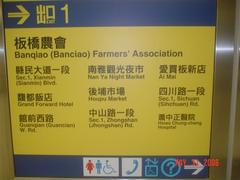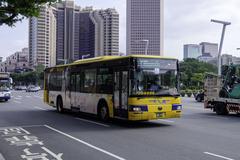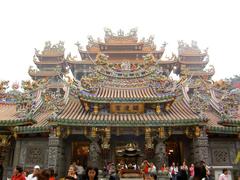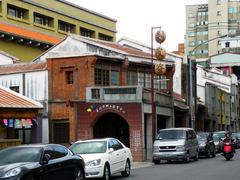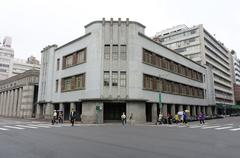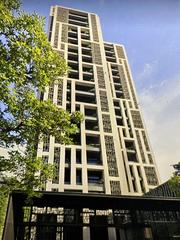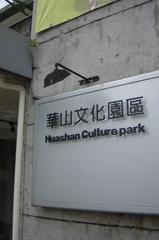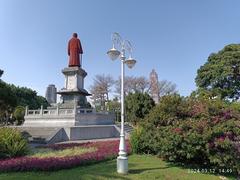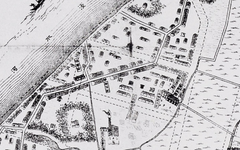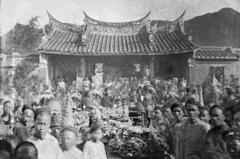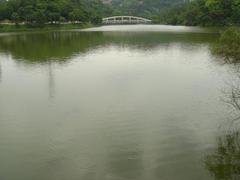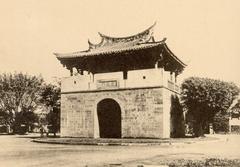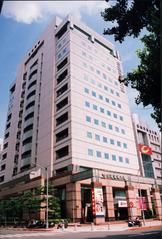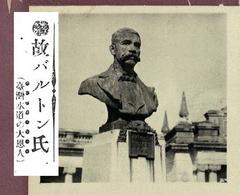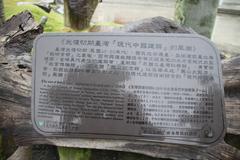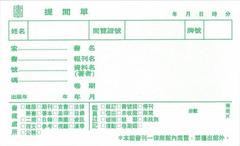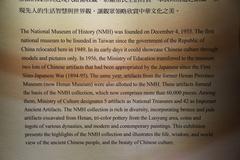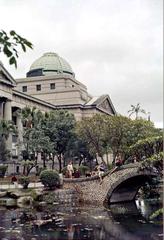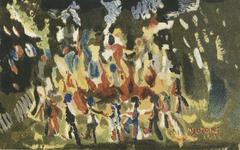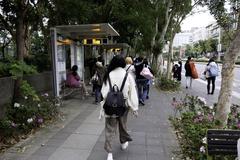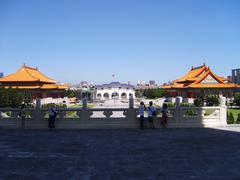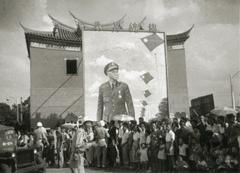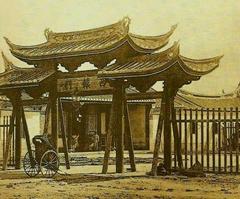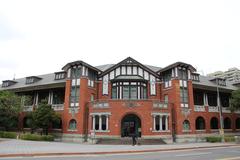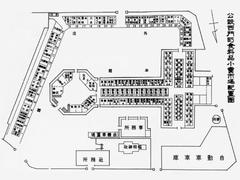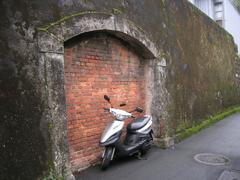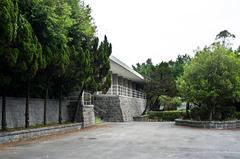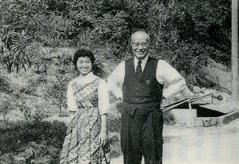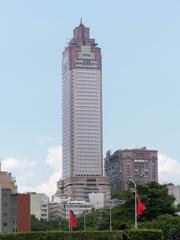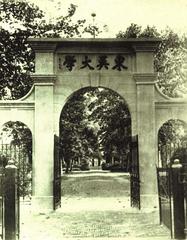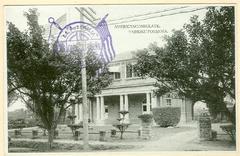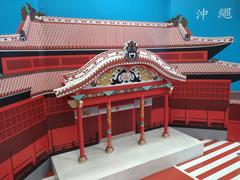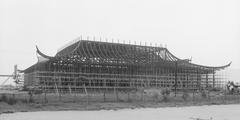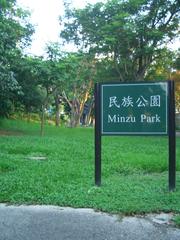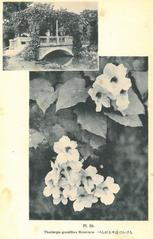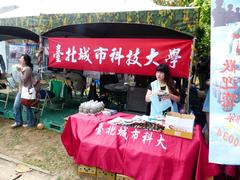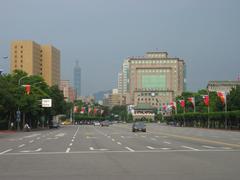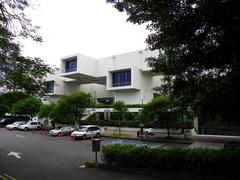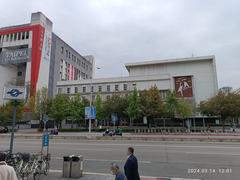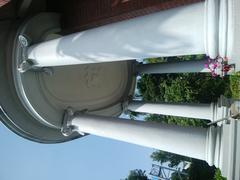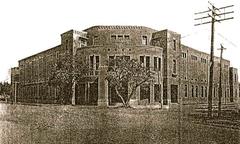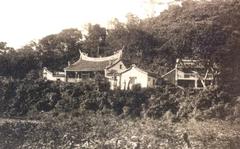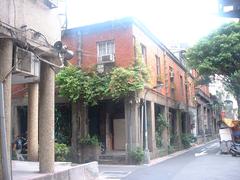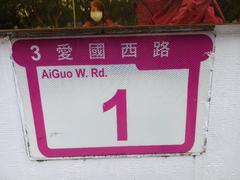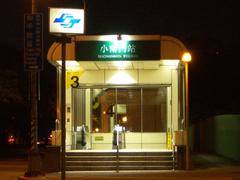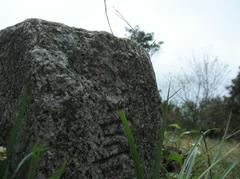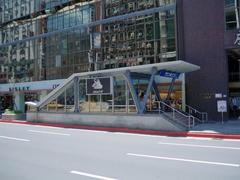Dongmen Zhengde Temple: Visiting Hours, Tickets, and Historical Sites in Taipei
Date: 14/06/2025
Introduction
Dongmen Zhengde Temple, set in the heart of Taipei’s dynamic Dongmen neighborhood, is a vivid representation of Taiwan’s spiritual traditions and cultural legacy. Established during the late Qing Dynasty by migrants from Fujian Province, this temple has become a cornerstone for worshippers venerating deities such as Mazu, Guanyin, and Cheng Huang. While less internationally famous than Longshan Temple or Baoan Temple, Dongmen Zhengde Temple is cherished locally for its community roots and its embodiment of Taipei’s evolving religious, social, and architectural history.
The temple is renowned for its Minnan-style architecture, featuring ornate woodwork, colorful ceramic embellishments, and symbolic roof motifs of dragons and phoenixes—icons of prosperity and protection. From its impressive entrance, watched over by stone lions, to its elaborately adorned main hall, the temple offers visitors a journey through Taiwanese folk religion and artistic expression. It is not only an architectural gem but also a vibrant cultural hub, hosting religious festivals, traditional performing arts, and community events that strengthen social bonds.
Open daily from early morning until late evening, Dongmen Zhengde Temple welcomes all with free admission and accessibility features, making it easy to visit via Taipei’s Metro (Dongmen Station). Its central location allows visitors to pair their temple experience with explorations of nearby attractions like Yongkang Street and the Taipei Confucius Temple. This guide covers the temple’s historical background, architectural highlights, spiritual significance, community role, visitor etiquette, and travel tips to help you make the most of your visit (Taipei Travel; Nick Kembel’s Taipei Temples Guide; Gamin Traveler).
Table of Contents
- Historical Background of Dongmen Zhengde Temple
- Architectural Features and Artistic Heritage
- Religious and Cultural Significance
- Community Role and Social Impact
- Visitor Information: Hours, Tickets, and Accessibility
- Visitor Experience and Etiquette
- Visual Highlights and Media
- Integration with the Dongmen Neighborhood
- Preservation and Future Prospects
- Frequently Asked Questions (FAQ)
Historical Background of Dongmen Zhengde Temple
Dongmen Zhengde Temple (東門正德宮) is a testament to Taiwan’s enduring spiritual and communal traditions. Founded in the late Qing Dynasty amid migration from Fujian, it was established as both a sanctuary for worship and a center of community life. Early settlers brought with them the veneration of deities such as Mazu, Guanyin, and Cheng Huang, shaping the temple’s religious focus.
Over the years, the temple has experienced several renovations, adapting to the city’s changing landscape while preserving its original architectural integrity. Its resilience through Japanese colonial rule, post-war modernization, and rapid urbanization underscores its importance as a living monument within Taipei’s historical tapestry (Taipei Travel).
Architectural Features and Artistic Heritage
Dongmen Zhengde Temple’s architecture is a blend of traditional Taiwanese design and local craftsmanship. Key features include:
- Central Courtyard: Flanked by side halls and a main shrine, fostering communal gatherings.
- Swallowtail Roofs: Upward-curving ridges adorned with dragon and phoenix motifs, symbolizing auspicious energy (EAA Architecture Guide).
- Stone Lion Guardians: Flanking the entrance, these represent strength and protection.
- Intricate Wood Carvings and Ceramic Decorations: Depicting scenes from mythology, folklore, and nature.
- Symbolic Ornaments: Bats (good fortune), peonies (wealth), and other motifs throughout the temple.
Local artisans and the community routinely participate in restoration projects, ensuring the temple’s artistic features are carefully maintained (Taipei Travel).
Religious and Cultural Significance
The temple serves as a focal point for Taiwanese folk religion, honoring a pantheon including Mazu, Guanyin, and Cheng Huang. Each deity is associated with specific blessings—Mazu for protection, Guanyin for compassion, and Cheng Huang for justice.
Major religious festivals, including deity birthdays and traditional celebrations, are marked by processions, music, and communal feasts. These gatherings reinforce both spiritual devotion and social unity. The temple also plays a key role in preserving intangible heritage, hosting performing arts, storytelling, and workshops that transmit local customs and values (Taipei Travel).
Community Role and Social Impact
Dongmen Zhengde Temple is a nucleus of neighborhood life, supporting charitable initiatives, educational programs, and cultural workshops. Its open-door policy welcomes people of all backgrounds, exemplifying the inclusive spirit of Taiwanese temple culture.
The temple’s functions extend beyond worship, offering a communal space for rest, reflection, and social interaction—vital in an urban context where traditional networks may be fragmented (Taipei Travel).
Visitor Information: Hours, Tickets, and Accessibility
- Opening Hours: Daily from 6:00 AM to 9:00 PM.
- Admission: Free for all visitors.
- Accessibility: Wheelchair-accessible ramps and smooth pathways are provided, though some inner sanctuaries may require shoe removal and have limited space.
- Getting There: Easy access via Dongmen Station (Taipei Metro) and local buses.
- Facilities: Restrooms and shaded courtyards are available.
Visitor Experience and Etiquette
Visitors are welcome to observe or participate in temple rituals such as lighting incense, making offerings, or drawing divination sticks. To respect worshippers and sacred spaces:
- Dress modestly, covering shoulders and knees.
- Remove hats before entering sacred spaces.
- Avoid loud conversations.
- Ask permission before photographing people or sacred rituals (Lilla Green).
- Remove shoes when entering certain inner sanctuaries.
Weekday mornings offer a quieter experience, while weekends and festivals bring vibrant activity. Guided tours may be available during special events.
Visual Highlights and Media
Photographers will appreciate the temple’s intricate woodwork, colorful roof decorations, and stone lions. Recommended alt text includes “Dongmen Zhengde Temple dragon roof motifs” or “Taipei historical sites Dongmen Zhengde Temple interior.” Festivals provide dynamic scenes, but always ask before photographing worshippers.
Integration with the Dongmen Neighborhood
The temple’s central location makes it an ideal starting point for exploring Taipei’s cultural landscape. Nearby, Yongkang Street offers renowned street food and teahouses, while other heritage sites like the Taipei Confucius Temple and Dalongdong Baoan Temple are within easy reach (Taipei Travel).
Dongmen Zhengde Temple’s presence within the neighborhood illustrates the seamless coexistence of tradition and modern urban life.
Preservation and Future Prospects
Preservation of Dongmen Zhengde Temple is a collaborative effort involving the community, local government, and heritage groups. Restoration projects are guided by authenticity and sustainability, ensuring the temple’s legacy endures as Taipei continues to evolve (Taipei Travel).
Frequently Asked Questions (FAQ)
Q: What are the visiting hours?
A: Open daily from 6:00 AM to 9:00 PM.
Q: Is there an entrance fee?
A: No, admission is free.
Q: How do I get there by public transport?
A: Take Taipei Metro to Dongmen Station (Exit 5); the temple is a short walk away. Buses also serve the area.
Q: Are guided tours offered?
A: Available occasionally, particularly during festivals. Check local tourism sites or the temple’s desk for details.
Q: Is the temple accessible for wheelchair users?
A: Yes, with ramps and smooth pathways, though some areas may be less accessible.
Q: What is proper visitor etiquette?
A: Dress modestly, remove hats, keep voices low, and request permission before photographing worshippers.
Festivals and Community Activities
Dongmen Zhengde Temple hosts key events throughout the year:
- Lunar New Year: Lantern displays, special ceremonies, and community gatherings (Taipei Event Calendar).
- Dragon Boat Festival: Rituals for health and safety, zongzi preparation, and cultural performances (Taiwan Obsessed).
- Ghost Festival: Offerings, chanting, and puppet shows to honor spirits (Taipei Event Calendar).
- City God Festival: Processions, lion dances, and neighborhood celebrations (Taiwan Obsessed).
Workshops in calligraphy, lantern-making, and music, as well as charitable activities, further connect the temple with its community (Taiwanderers).
Practical Travel Tips
- Location: No. 123, Zhonghua Road, Zhongzheng District, Taipei.
- Transport: Taipei Metro (Dongmen Station, Exit 5); multiple bus routes.
- Accessibility: Ramps and accessible restrooms are available.
- Facilities: Drinking water and shaded rest areas.
- Best Times: Early mornings for peace; festival days for vibrant culture (Taiwan Obsessed).
- Weather: Expect hot, humid conditions in summer; dress appropriately and stay hydrated.
- Language: Mandarin is used for rituals; some signage and volunteers offer English assistance.
Nearby Attractions
Dongmen Zhengde Temple’s central location allows easy exploration of Taipei’s highlights:
- Yongkang Street: Famous for beef noodles and mango shaved ice (Yongkang Street Guide).
- Chiang Kai-shek Memorial Hall: Iconic landmark (CKS Memorial Hall).
- Daan Forest Park: Urban green space.
- National Taiwan Museum: Cultural and natural history exhibits.
- Longshan Temple: Historic 18th-century temple (Longshan Temple Info).
- Dihua Street/Dadaocheng: Traditional markets and tea houses (Dadaocheng Guide).
- Taipei Confucius Temple/Bao’an Temple: Renowned for architecture (Confucius Temple Info).
- Ningxia Night Market: Street food hotspot (Ningxia Night Market).
- Maokong Gondola: Scenic cable car rides (Maokong Gondola Info).
Summary and Recommendations
Dongmen Zhengde Temple is a living showcase of Taipei’s religious traditions, architectural excellence, and vibrant community life. Its origins in the Qing Dynasty, well-preserved Minnan style, and ongoing community engagement make it an essential stop for anyone seeking an authentic glimpse into Taiwan’s cultural heart. Whether you visit for quiet contemplation, festival excitement, or cultural enrichment, the temple offers a unique, accessible, and memorable experience.
To make the most of your visit:
- Check temple and festival schedules ahead of time.
- Respect local customs and etiquette.
- Combine your trip with nearby culinary and historical attractions.
- For maps, event updates, and personalized guidance, download the Audiala app and follow our social media channels (Taipei Travel; Taiwan Obsessed; Nick Kembel’s Taipei Temples Guide).
References
- Taipei Travel, 2024, Taipei City Government Tourism
- Nick Kembel’s Taipei Temples Guide, 2023
- Gamin Traveler, 2024, Things to Know Before Visiting Taipei
- Taiwan Obsessed, 2025, Taiwan in June Events
- EAA Architecture Guide, 2023, 10 Best Architectural Buildings in Taipei
- Taipei MRT Guide, 2024
For more information, see our related articles on Taipei temples and cultural tours, and download the Audiala mobile app for interactive maps, up-to-date event info, and travel tips.
